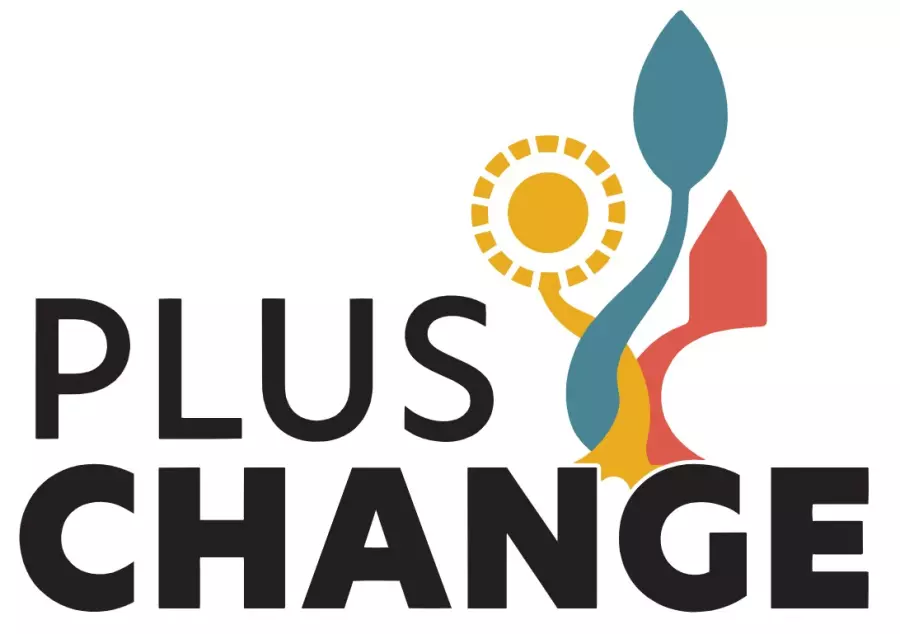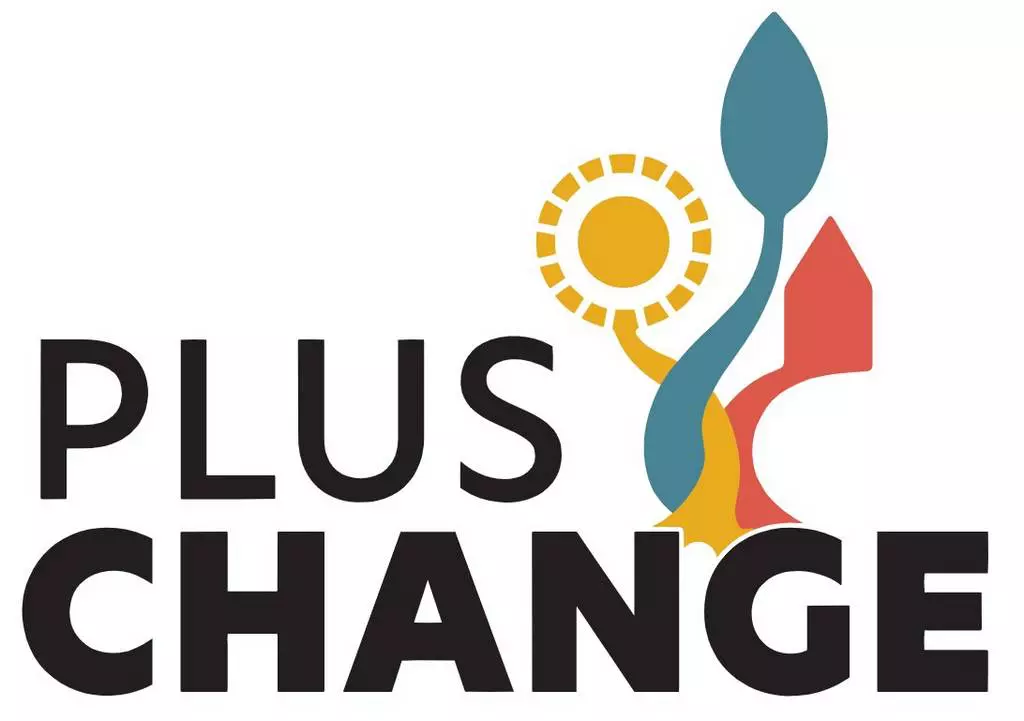
Julia Mildorfova Leventon je vedoucí oddělení společenského rozměru globální změny v CzechGlobe (Ústav výzkumu globální změny Akademie věd ČR). Je interdisciplinární vědkyní pracující napříč společenskými a fyzikálními vědami v oblasti životního prostředí a rozvoje. Koordinuje projekt PLUS Change, který byl zahájen v červnu 2023.

Projekt PLUS Change – Plánování strategií využívání půdy v souladu s biologickou rozmanitostí, s klimatickými a sociálními cíli v měnícím se světě – je projektem mezinárodní spolupráce v programu Horizont Evropa, na kterém se podílejí zástupci 14 zemí a 23 institucí, a který koordinuje CzechGlobe. Cílem projektu je vyvinout strategie a rozhodovací procesy pro využívání půdy, které účinně řeší výzvy související se změnou klimatu a biologickou rozmanitostí. Projekt disponující širokou škálou partnerů se pomocí případových studií z různých regionů Evropy zaměřuje na pochopení vztahů mezi městskými, regionálními a příměstskými oblastmi. Další podrobnosti o projektu je možné najít na webu PLUS Change.
Rozhovor je v původním znění v angličtině.
Why did you decide to coordinate a collaborative project under the FP? We know that it is not an easy task.
This is a difficult question to answer – it wasn’t so much that I decided, but rather that the call matched a project idea that I really wanted to do! I think lots of things aligned at the same time to make it possible for me to apply to the perfect call, which just so hap- pened to be under the FP.
I have long wanted to work with real-world practice cases on how we create sustainable decision making around land use planning and policy. It’s a really interesting topic for sustainability science, because there are many complexities to explore. These include how planners combine biodiversity, climate, and various social and infrastructure needs in their decision-making. And how they do this while the climate and their communities are changing. And how they do that in a way that takes into account the needs and priorities of local people, while at the same time addressing the scientific urgency for action to mitigate and adapt to climate change and biodiversity loss. So I had the basic idea of the things I wanted to study, and I had a network of wonderful people that I could work on this topic with... and then the Commission in the Horizon Europe programme put social sciences front and centre of many of their climate – cluster 5 and biodiversity – cluster 6 calls. So, it was really the ideal moment to try to get this project idea funded.
Was this your first experience with FP projects?
No – in fact, I did my PhD as a Marie Curie Early Stage Researcher in a network in FP6. As a postdoc, I was part of a successful proposal, and then project under FP7. Though at that point in my life, I could never have imagined actually putting together such a thing myself!
I also have small percentages of my time in a couple of other Horizon Europe projects, coordinated by other people in other institutes across Europe. Horizon Europe is an important source of research funding for my department – the Department of Human Dimensions of Global Change. I think this experience has helped me to understand the structure and language of FP projects, and to know how to write KPIs, how to formulate an impact section, etc.
It is also interesting that I had actually applied for a project as a coordinator before. A few years ago, at the end of the H2020 programme, the Commission published a round of calls for research that should contribute to the Green Deal. It was an unexpected call, but I mobilised some parts of my current project and some of the partners to respond to this call. We scored well, but the competition was fierce, and we didn’t get it. However, a lot of the things I learnt in that particular proposal were very useful in the current one. Particularly how to structure such a big budget across many partners!
Who helped you to prepare the proposal? Did you benefit from any services provided by NCPS?
The NCPs from the Technology Centre Prague were very helpful! I think I asked quite a few questions about things I didn’t understand, and got back very clear information, very quickly. They also arranged for a reviewer to read the proposal and give advice before it was submitted. This was a 2-stage proposal, and they did it at both stages. The help after the grant was awarded has been amazing too – things like writing the consortium agreement and guidance on reporting, presenting to the consortium at the kick-off meeting, etc. This was far more than I had expected!
Help also came from my collaborators. Across the consortium, there is a diversity in how much experience partners have with research and with the framework programmes. Some have coordinated their own projects before, while others are involved for the very first time. Those with more experience have been generous in sharing this with me – including examples of their successful projects, and by telling me what to look out for in the call text, etc.
I would like to make a special mention of my friend Karlheinz Knickel. Karlheinz and I had been trying to find an opportunity to work together for quite a while. He was a key source of help – in fact he encouraged me to coordinate such a large project and, when I needed it, reminded me that I had the trust of partners and that I should take certain key decisions. Sadly, Karlheinz died 2 weeks before we submitted the final proposal in the second round. We wouldn’t have the project without Karlheinz ́s help and I am sad that we won ́t be working on it together.
How did you set up the consortium? Did you choose the already know collaborators?
The consortium is a mix of people I have worked with lots before, people I knew of and wanted to work with, and people who were introduced through those existing contacts. So, I didn’t know them before. I’ll also be very honest and say that my husband – Tomas Mildorf from Plan4All and I were talking over dinner, and realised we were interested in the same call. I was therefore very pleased when Plan4All joined the consortium.
Many of the academic partners were people I had worked with in the past, in some way. For example, two of them are former colleagues. We also have 9 practice partners – these are regional development agencies and land management authorities. I only knew one of these partners before this project. However, many of the others were brought in because they had worked with other consortium members, and/or they are members of the Peri-Urban Regions Platform for Europe – PURPLE, which is also a consortium member.
What will be the concrete results of the new projects? Who are they aimed at, who will be their users?
The main stated outputs include that we will develop tools and techniques for decision-making support for land use planning and management. These include policy simulations for planners to understand the likely multi-faceted outcomes of their decisions; land use models and maps to understand the impact of decisions on biodiversity, climate and human well-being; and future land use strategies that meet climate, biodiversity and well-being objectives.
More fundamentally, we are exploring how land use planners and decision makers can work with such tools and incorporate participatory processes and diverse inputs to shape sustainable futures. I am really excited to see results around the form and processes of decision making that lead to sustainability. I expect these to vary with different land, political and cultural contexts, so it will be interesting to explore how EU policy and strategy can facilitate this diversity of spaces.
I would add that we have a particular emphasis on justice, inclusion and ethics in the project. So we want to proactively ensure that the research is about, for and with everyone affected by land use change... so everyone! Especially under-represented groups of people.
Do you need recruit new people for your project and are they easy to find?
I recruited a project manager as soon as I possibly could. I really wish she had been in place when I was writing the proposal as she would have been wonderful with all the administration and management, especially during the grant preparation phase. Now she is doing a great job of keeping everything on track and working in partnership with me. This allows me to actually do some research and overall scientific leadership without drowning in all the management (and she is far better at the management than I am!). The challenge in recruiting her was that not so many people have experience of managing FP projects as the coordinating institution. Our project manager didn’t have previous experience, but we have really benefited from all the training opportunities provided by both the Commission and the NCPs. She now knows it all better than any of us.
I am really pleased that this project actually gives me and 2 other researchers in the department some meaningful research time to work together on this project. In addition, we will be recruitinga PhD researcher to work with us, probably starting in January 2024. We plan that the research could provide the basis for their thesis research.
In general, what would you recommend to those interested in FP projects?
1. Learn by being part of other consortia – by being involved in the proposal process for other projects, I have learnt a lot about what works and what doesn’t, and what the reviewers are actually looking for.
2. Sign up to be an evaluator – you can do this by registering as an expert in the Funding and tender opportunities portal. Being a reviewer for other people’s proposals in the FP is a great way to learn how you will be evaluated in your own proposal.
3. Don’t be afraid of the impact section, it ́s actually a logical extension of the research part. I was very scared to tackle the impact section, but that complicated summary table is actually really helpful.
4. Contact the NCP as soon as you think about writing a proposal!
Autorka: Jana Čejková
Zdroj: Technologické centrum Praha
Text v plném znění v časopise ECHO (4-5/ 2023), který vydává Technologické centrum Praha.
- Autor článku: ne




































